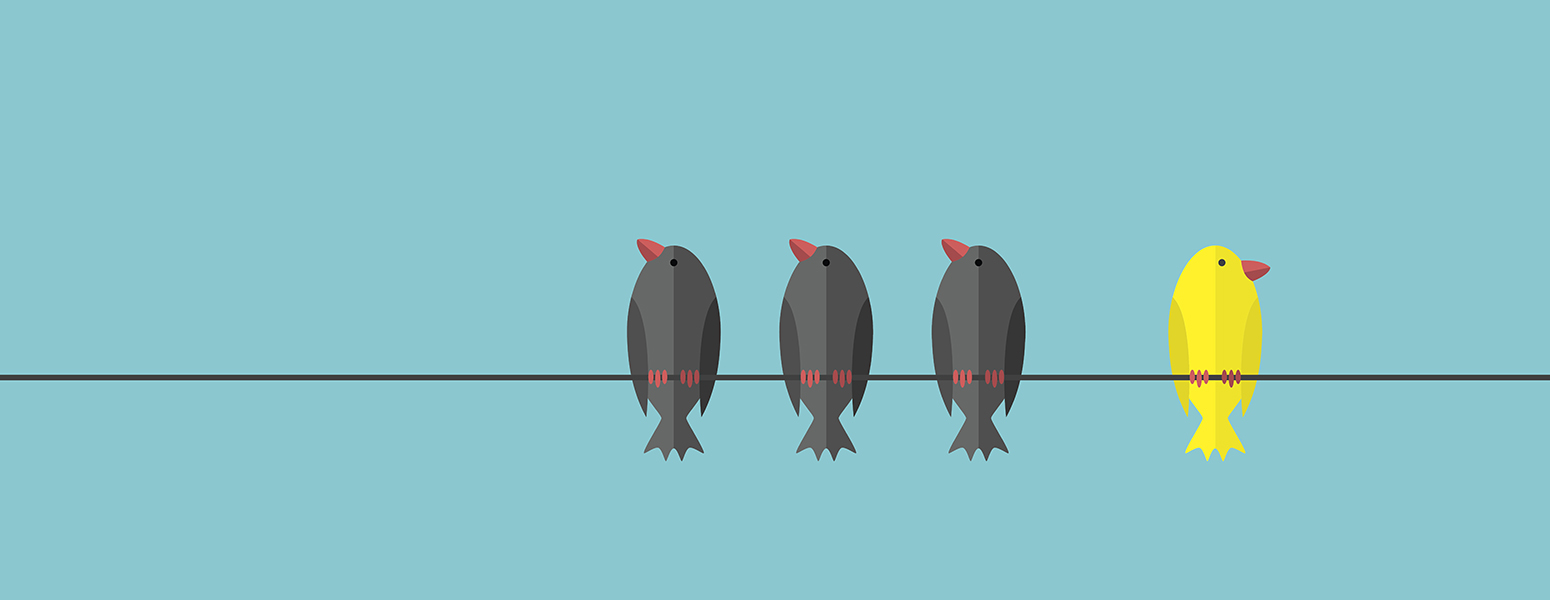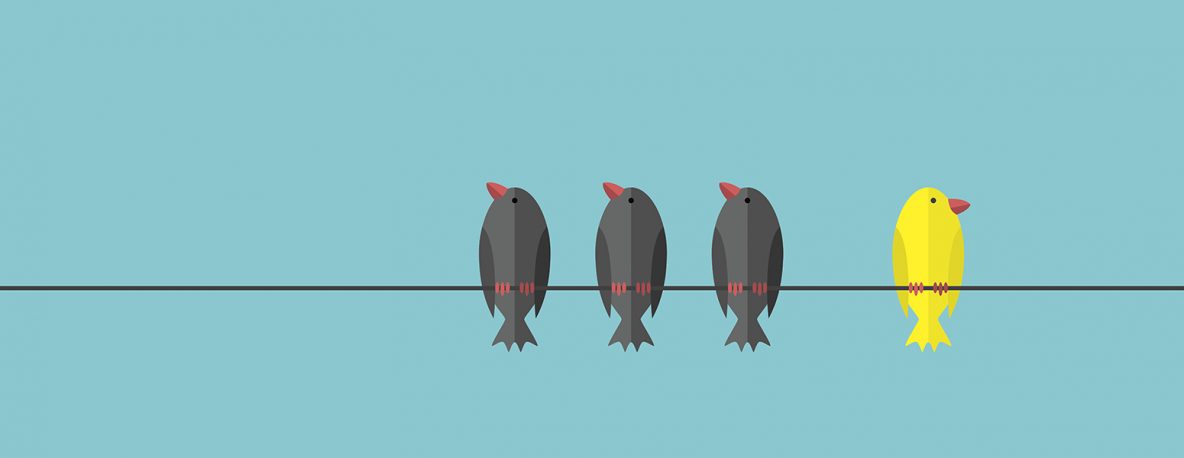
What is it and how can we work against it in the workplace?
Unconscious biases, or implicit biases, are automatic and unintentional attitudes or categorisations towards others based on learned and conditioned presumptions. These unconscious forms of discrimination and stereotyping can have a negative effect on our decision making and behaviour, often leading to inaccurate assumptions and assessments about others.
The workplace is somewhere we see unconscious biases arising the most, particularly in the hiring process, but they can extend to delegation of tasks, general attitudes and treatment of others in the work environment. For this reason, it is vital that we understand the different forms of unconscious bias and how to overcome them in order to build and maintain a more diverse and inclusive workplace.
Aside from the more obvious unconscious biases that arise from race, gender, sexuality, ethnicity, religion, disability, age and appearance, the different stages where experience - or lack of - can have an effect are not so often considered:

